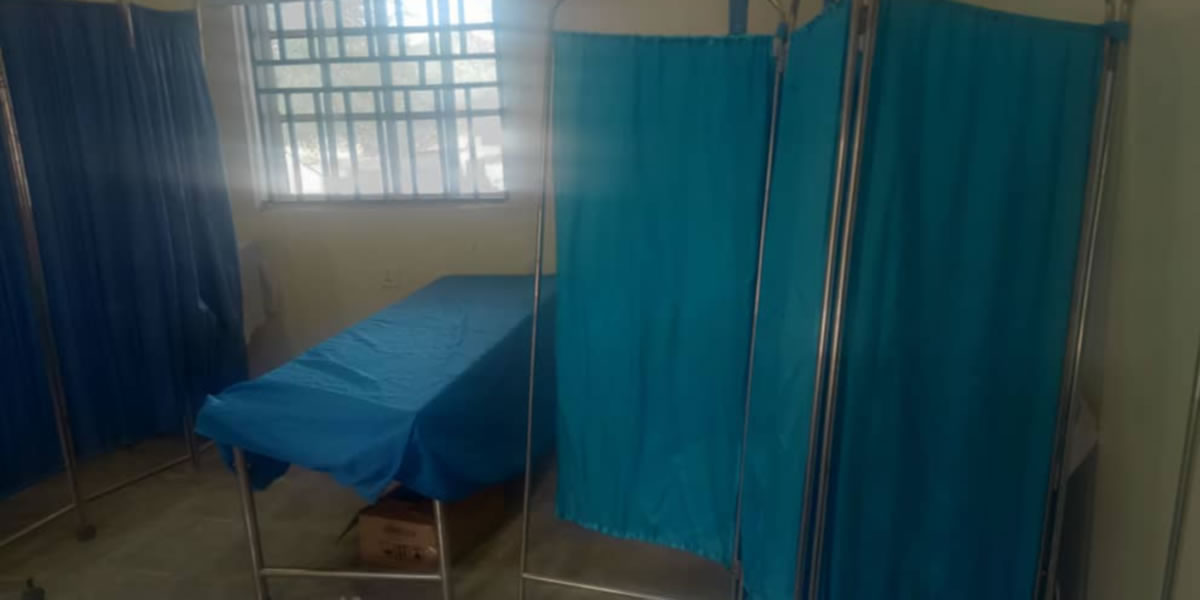
Investing in Health: Fund a Breast Cancer Screening Center.
Breast cancer is a global health concern, and its impact is particularly significant in low-medium income countries. To address the challenges of early detection and access to quality healthcare, there is an urgent need to fund dedicated breast cancer screening centers in these countries. Save a life cancer awareness and Support Network highlights the importance of funding a breast cancer screening center and explores the benefits it brings to communities in low-medium income countries.
- Enhancing Early Detection: A dedicated breast cancer screening center offers specialized facilities and equipment for early detection of breast cancer. Mammography, ultrasound, and clinical breast examinations are essential screening tools that can detect cancer at an early stage when treatment is more effective. By providing access to these screening methods, a dedicated center increases the likelihood of detecting breast cancer in its early, more treatable stages.
- Improving Access to Quality Healthcare: In low-medium income countries, access to quality healthcare services is often limited, particularly in rural areas. Establishing a dedicated breast cancer screening center brings specialized services closer to the population, reducing geographical and financial barriers. This ensures that women from all socioeconomic backgrounds have access to timely and accurate breast cancer screenings, promoting equity in healthcare delivery.
- Providing Comprehensive Care: A breast cancer screening center is not just limited to screening services. It also serves as a hub for comprehensive breast health care, offering diagnostic evaluations, biopsies, counseling, and referrals to treatment facilities. By centralizing these services, the center ensures continuity of care and facilitates a coordinated approach, leading to better patient outcomes.
- Promoting Health Education and Awareness: Funding a breast cancer screening center allows for the implementation of health education and awareness programs. These programs focus on educating women about breast cancer risk factors, the importance of regular screenings, and self-examination techniques. By raising awareness, the center empowers women to take charge of their breast health, facilitating early detection and a proactive approach to their well-being.
- Capacity Building and Training: Funding a breast cancer screening center supports the training and capacity building of healthcare professionals. This ensures that the center has a skilled workforce capable of performing accurate screenings, interpreting results, and providing counseling. Training programs can also be extended to community health workers, enhancing their ability to educate and advocate for breast health within their respective communities.
- Research and Data Collection: A dedicated breast cancer screening center can contribute to local and regional research efforts by collecting valuable data on breast cancer prevalence, patterns, and outcomes. This data can inform evidence-based policies, resource allocation, and future interventions. By promoting research, the center contributes to the global knowledge base and strengthens the fight against breast cancer in low-medium income countries.
- Collaboration and Partnerships: Funding a breast cancer screening center encourages collaboration and partnerships between governmental agencies, non-profit organizations, healthcare providers, and research institutions. These collaborations can leverage resources, share expertise, and ensure sustainable funding and support for the center. Such partnerships strengthen the impact and reach of the center’s services, amplifying its ability to make a difference in breast cancer prevention and care.
Conclusion: Funding a breast cancer screening center in low-medium income countries is an investment in the health and well-being of communities. By providing access to early detection, comprehensive care, education, and research opportunities, a dedicated center contributes to reducing the burden of breast cancer. It empowers women, improves healthcare equity, and saves lives. Through funding and support, we can make a significant difference in the fight against breast cancer in low-medium income countries and work towards a future where no woman is left behind in the battle against this disease.
